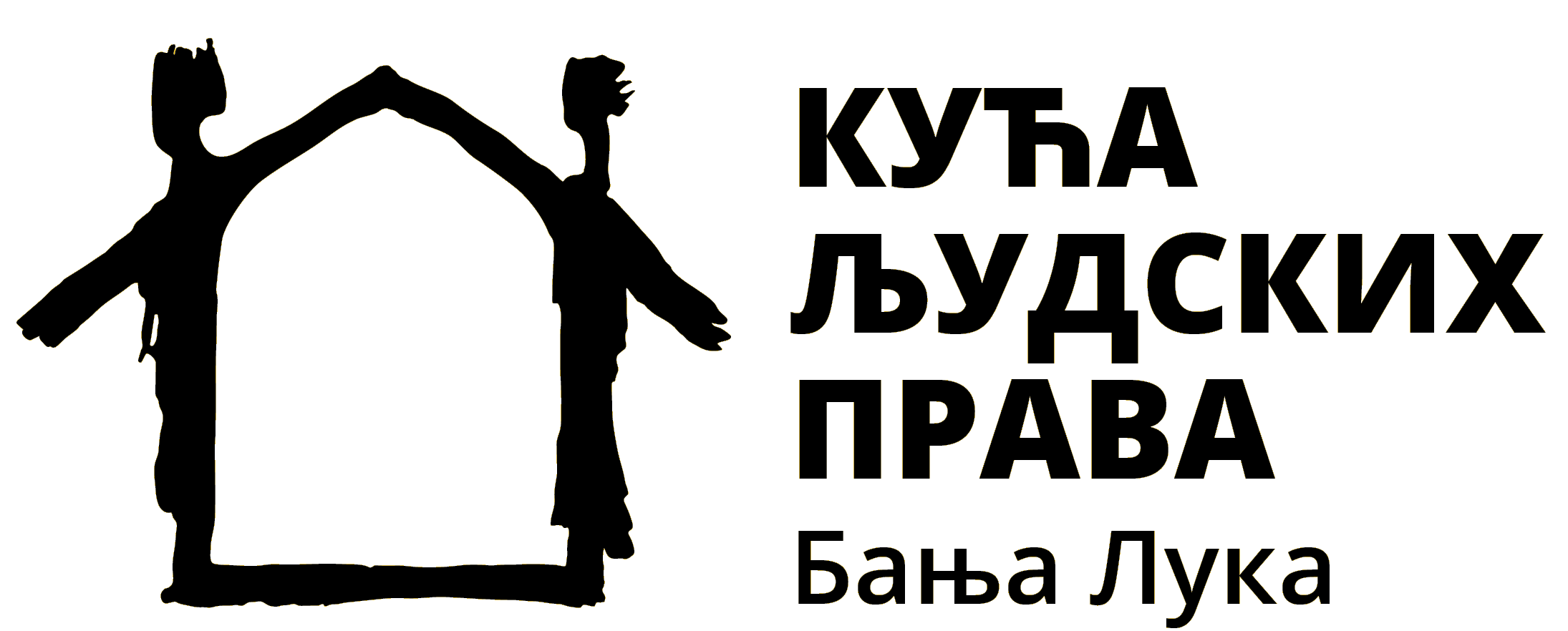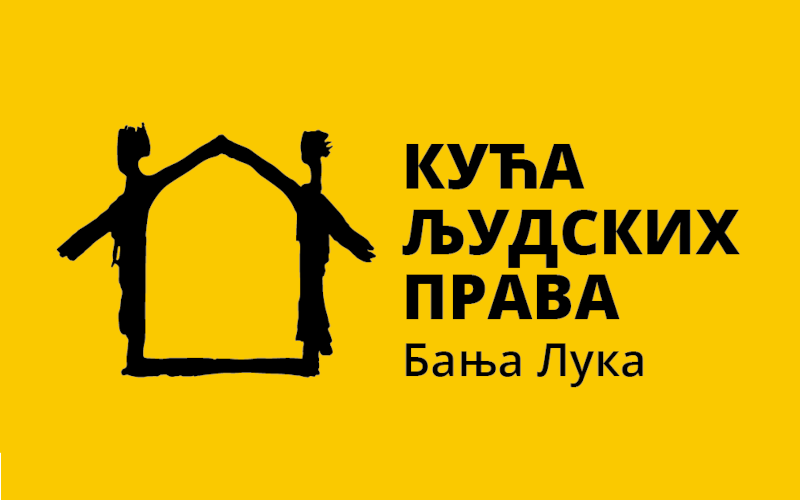Pressure, threats, intimidation, blackmail and lack of public support are just some of the major challenges that human rights defenders in Bosnia and Herzegovina, Serbia and Croatia face on a daily basis.
What other obstacles do they face? How much do government institutions (dis)respect them? What are the human rights protection mechanisms? And what are the rights of those who fight for human rights?
These are some of the key issues discussed at the panel entitled “National and Regional Report on Human Rights Defenders”, which was held on December 10, 2023, at the Youth Center in Banja Luka, from 12:00 PM to 1:00 PM.
This was the first panel within the Srđan Aleksić Days event and it concerns those who are fighting for better human rights and a better tomorrow!
About the reports and personal experiences on the panel spoke:
Petar Vidosavljević, legal advisor at the Belgrade Centre for Human Rights
He deals with the representation of asylum seekers and refugees, but is also involved in cases concerning discrimination, especially of vulnerable groups, and violation of freedoms and human rights. In addition to his active work as a legal advisor, Petar also manages to further work on his education, and is a master’s student at the Faculty of Political Sciences, module – International Humanitarian Law and Human Rights Law.
Ivan Novosel, program director of the Human Rights House Zagreb
He has been in this position since 2015 and coordinates research, monitoring and advocacy activities and projects aimed at respecting and promoting human rights. In his work, he particularly focuses on the areas of freedom of expression, association and assembly, the rights of human rights defenders, socio-economic rights, the rule of law, democratic institutions, the rights of national minorities and the rights of LGBTIQ persons. He is a member of the Human Rights Council of the Ombudsman of the Republic of Croatia, the Council for the Development of Civil Society of the Government of the Republic of Croatia and the Council for Human Rights of the Government of the Republic of Croatia. He has a master’s degree in human rights at the Central European University, Legal Studies Department in Hungary, and a master’s degree in political science at the Faculty of Political Science, University of Zagreb. He is attending doctoral studies at the Faculty of Political Sciences, University of Zagreb.
Dragana Dardić, program manager in the Helsinki Citizens’ Assembly Banja Luka
Since 2004, she has been working in the Helsinki Citizens’ Assembly Banja Luka. From 2011 to 2021, she served as the executive director of the organization. She is the author, co-author and editor of several publications and studies, and her area of expertise includes media, gender analysis and policies, and capacity building of civil society organizations. She has a master’s degree in gender studies. Also, she was actively engaged in journalism for ten years (Radio Yugoslavia, Dnevni telegraf, Radio Free Europe, correspondent for Reuters and BBC news agencies).



